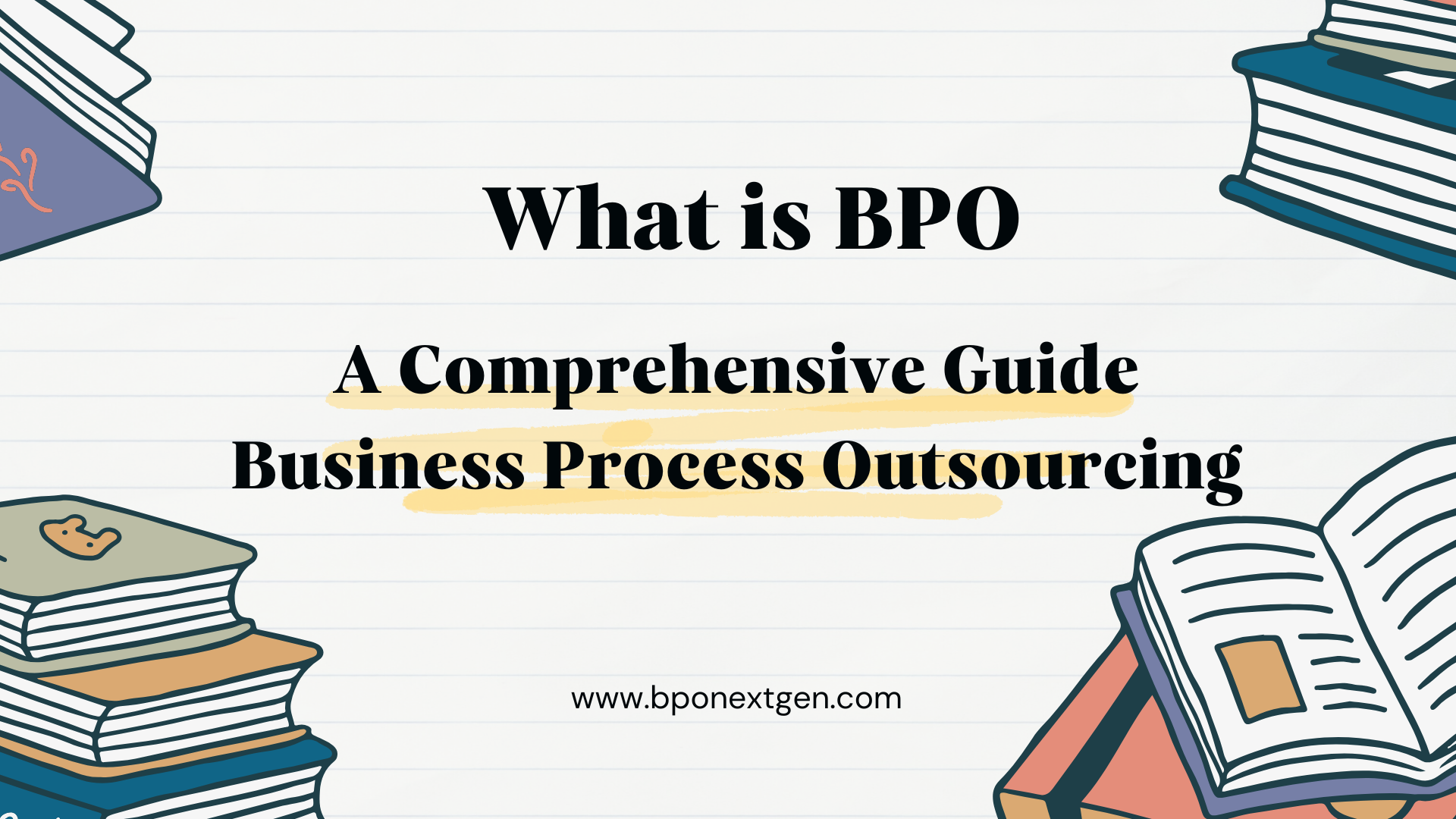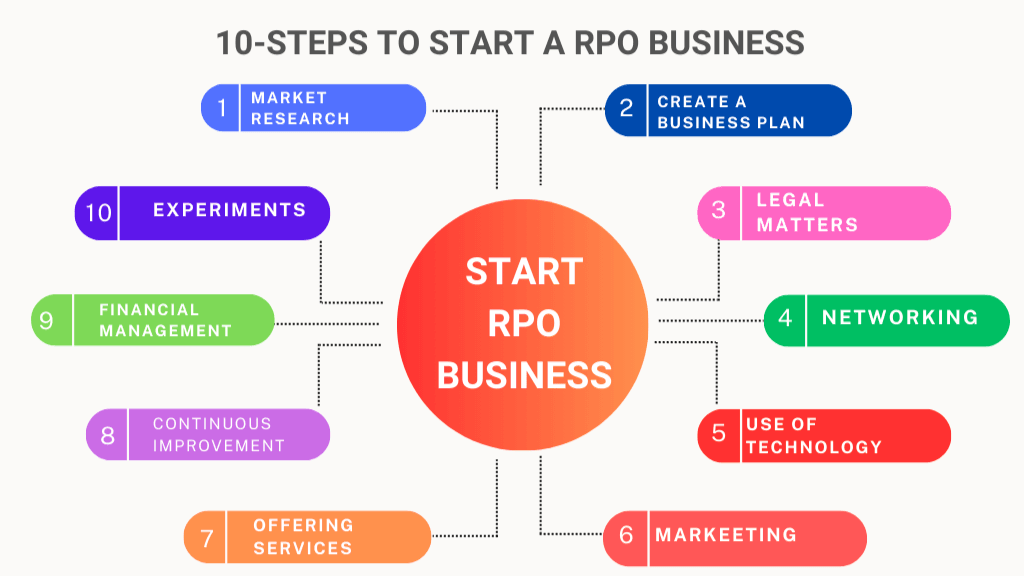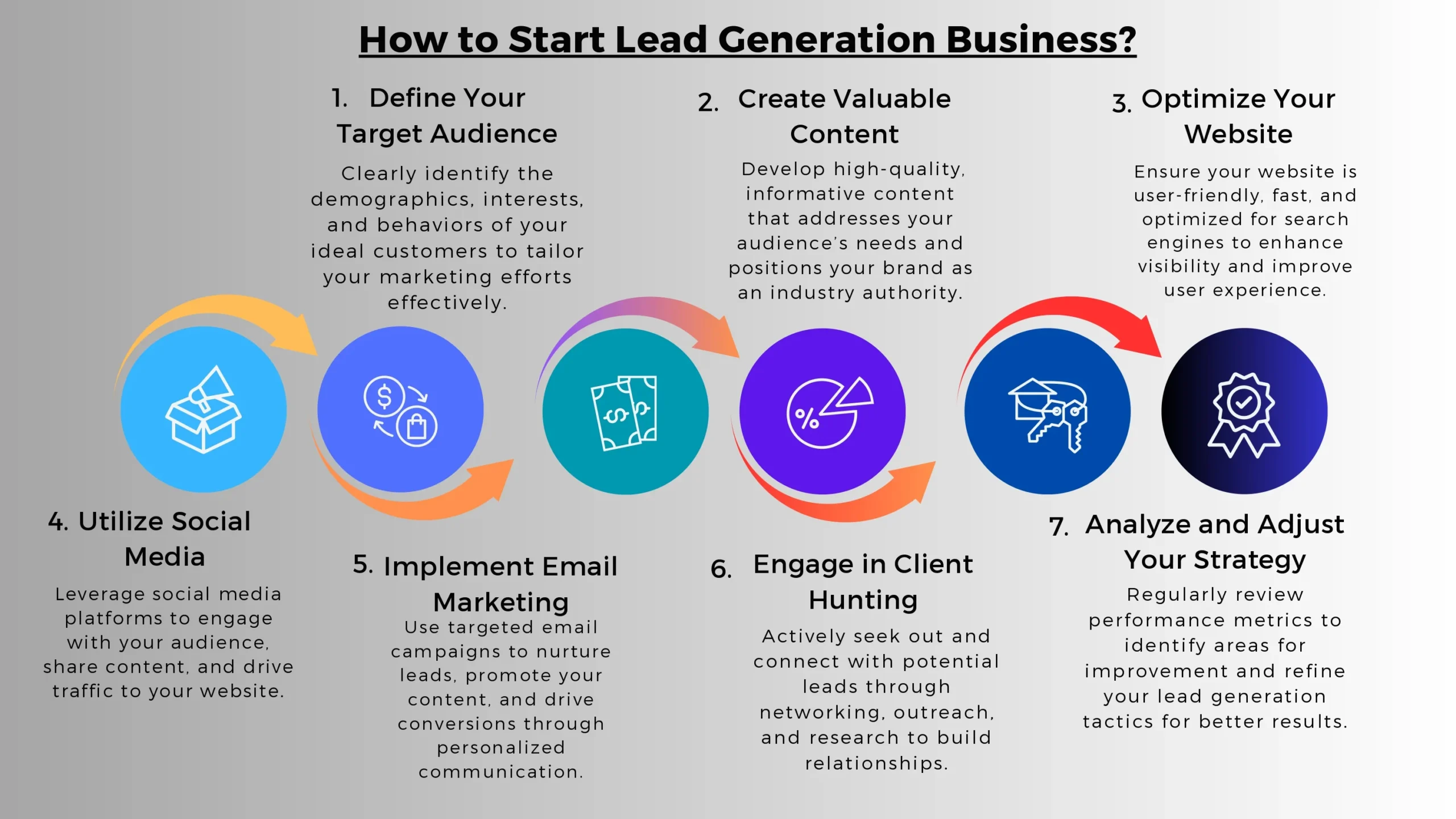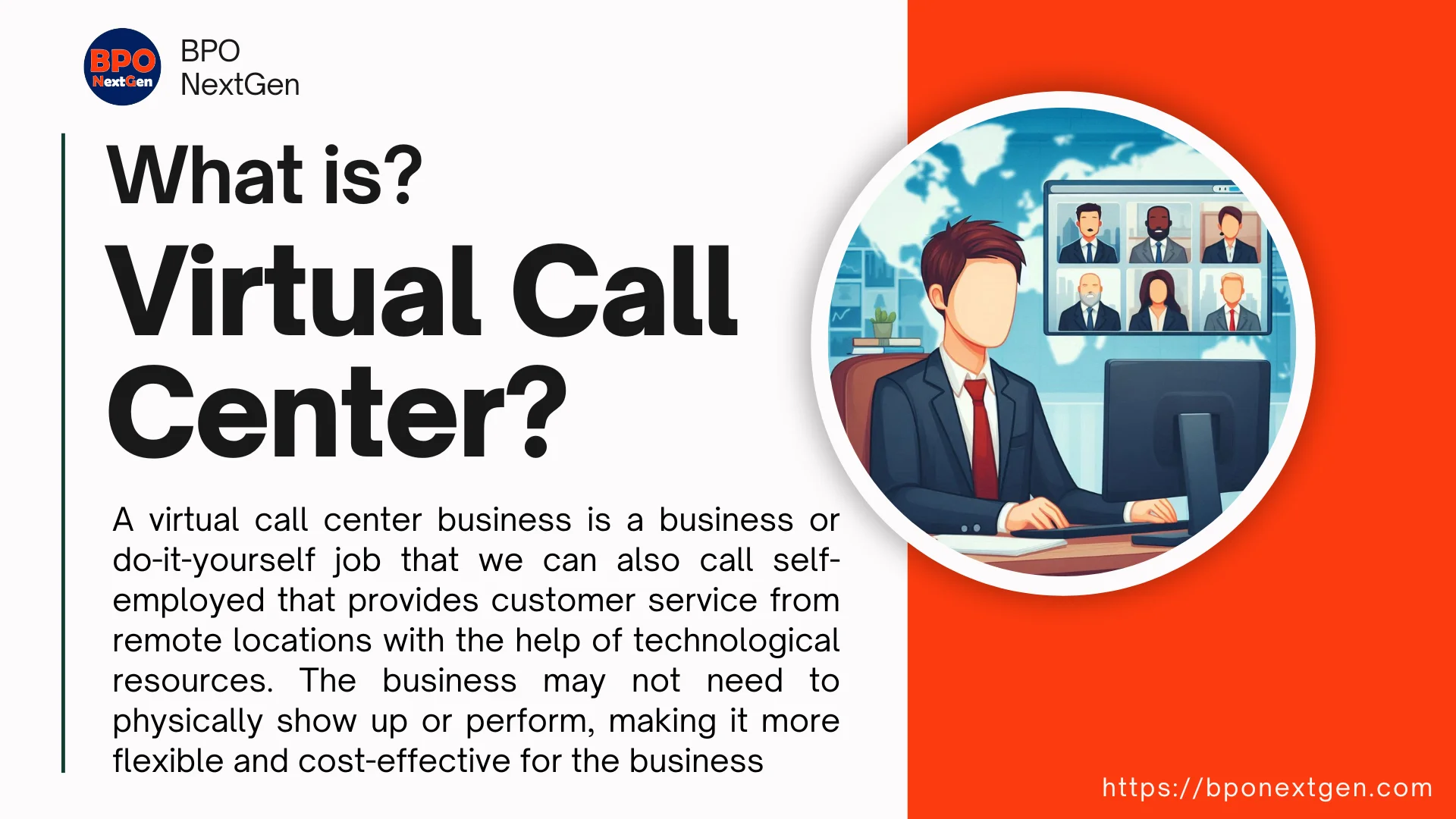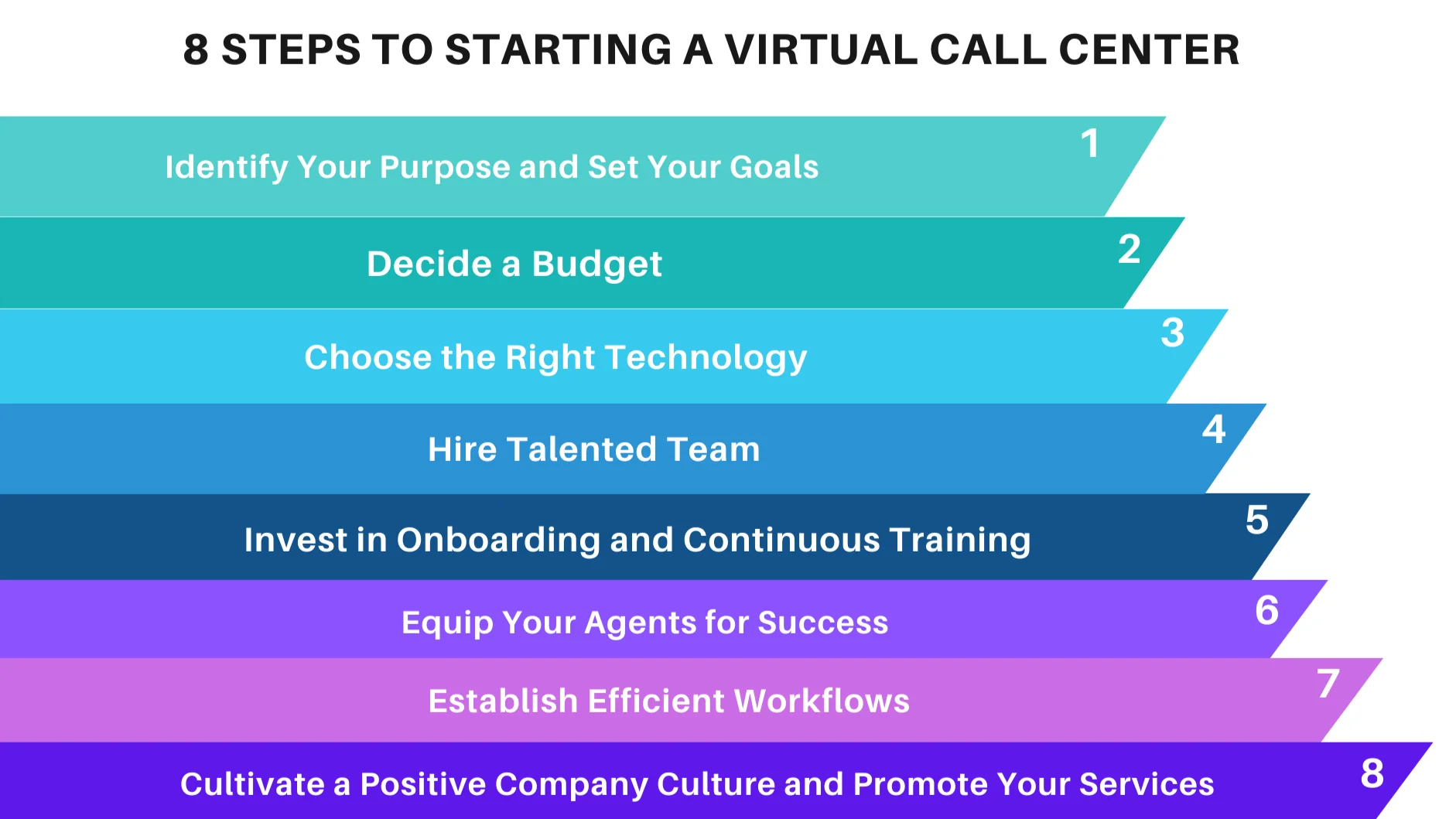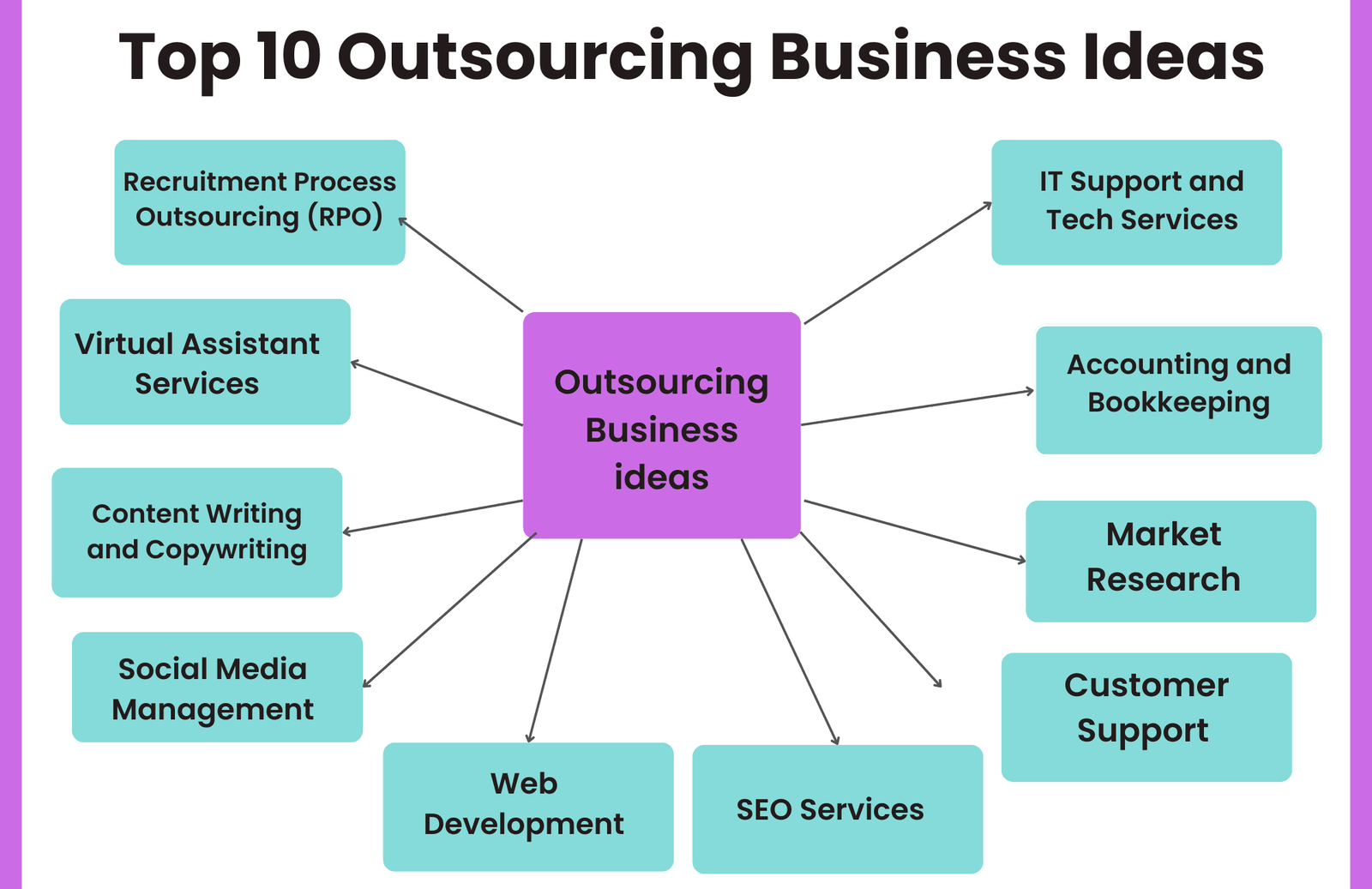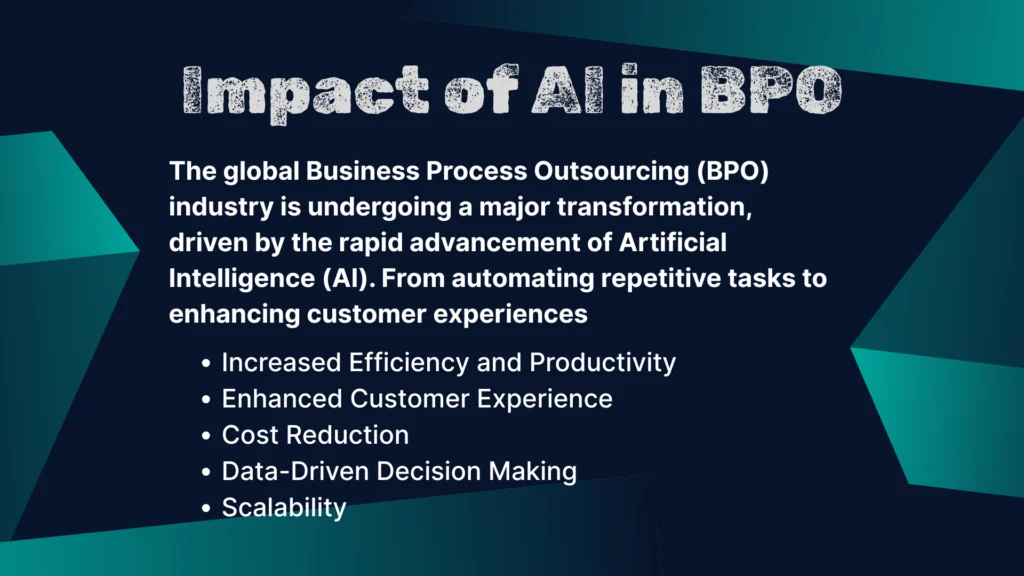
Table of Contents
ToggleThe Impact of AI in BPO (Business Process Outsourcing)
AI has become a trend and the global business process outsourcing (BPO) industry is undergoing a major transformation, driven by the rapid development of artificial intelligence (AI). From automating repetitive tasks to enhancing customer experiences, AI is redefining how BPO providers deliver value to businesses around the world. In 2025, And similarly, if we talk about the future, 5 years from now, i.e. in 2030, more than 70% will have transferred to AI in BPO companies. AI is no longer a futuristic concept it is a necessity that is imperative.
🤖 What is AI in BPO?
Artificial Intelligence in BPO refers to the use of intelligent software systems to perform tasks that traditionally required human intelligence. This includes technologies like:
Machine Learning (ML)
Natural Language Processing (NLP)
Robotic Process Automation (RPA)
Predictive Analytics
Chatbots and Virtual Assistants
These tools allow BPO companies to streamline operations, reduce human error, and scale their services efficiently.
🌟 Key Impacts of AI in BPO Industry
1. Increased Efficiency and Productivity
AI-powered automation tools that have become very common in use, especially RPA, handle repetitive back-office operations such as data entry, invoice processing, and email handling. The most important thing is time and this reduces turnaround time and allows human agents to focus on higher-value tasks, which is beneficial.
2. Enhanced Customer Experience
A company that offers 24/7 customer support makes a name for itself, and with the help of chatbots and virtual agents, BPO companies can now offer 24/7 customer support, personalized interactions, and rapid problem resolution – all of which reduces labor and costs while also creating agility.
3. Cost Reduction
The most important thing is cost. And companies are not afraid to reduce it. By automating routine tasks, companies can significantly reduce operational costs. AI also helps avoid costly human errors and reduces training time for new employees.
4. Data-Driven Decision Making
With design-making, we can make many decisions in less time and more quickly. AI systems can analyze vast amounts of data in real time, providing valuable insights into customer behavior, performance trends, and operational bottlenecks. By enabling smarter, faster decisions, we can reach new heights of growth.
5. Scalability
AI makes it easier for BPO firms to scale up or down depending on demand, without a commensurate increase in workforce. This flexibility is especially useful in seasonal industries.
🔄 Challenges in AI Adoption for BPO
While AI offers clear benefits, it also presents challenges:
High Initial Investment
Data Security & Privacy Concerns
Need for Skilled Workforce
Change Management & Resistance to Automation
Successful adoption requires a balance between automation and human expertise.
📈 Future Outlook: AI + Human Collaboration
Until now, we have taken the future of BPO to mean replacing humans, but the future of BPO is not about replacing humans, but augmenting them with AI. BPO companies are adopting a hybrid model. Where AI handles routine tasks, and human agents focus on complex, emotional, or creative tasks. This leads to flexibility in tasks and lower costs.
Many decisions are made or predictions can be made with the future always in mind, and if we talk about 2030. By 2030, it is estimated that more than 70% of consumer interactions will involve some form of AI. Companies that take advantage of this trend early will gain a significant competitive advantage.
✅ Final Thoughts
When evaluating anything, it is important to take a final look at the decisions. And AI in BPO is the AI is revolutionizing the BPO industry, making processes smarter, faster, and more cost-effective. As we move deeper into the digital age, companies that fail to adopt AI risk falling behind. The key lies in adopting AI not as a threat but as a strategic partner in delivering better business outcomes.
FAQs
AI automates routine tasks in BPO like data entry, customer support, and analytics. It boosts efficiency and reduces operational costs.
AI tools like chatbots and virtual assistants provide 24/7 support. They handle queries faster, improving customer satisfaction.
AI is not replacing humans entirely but handling repetitive tasks. It allows human agents to focus on complex, creative work.
RPA increases speed and accuracy in back-office operations. It also lowers costs by reducing manual labor and errors.
High implementation costs and the need for skilled staff are major challenges. Data privacy and resistance to change also play a role.



